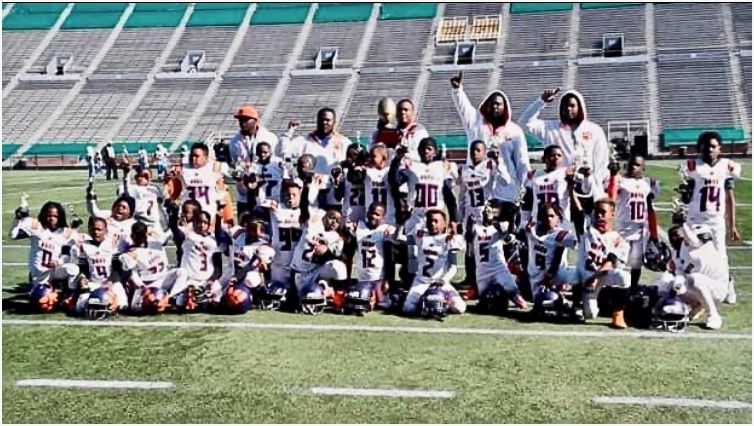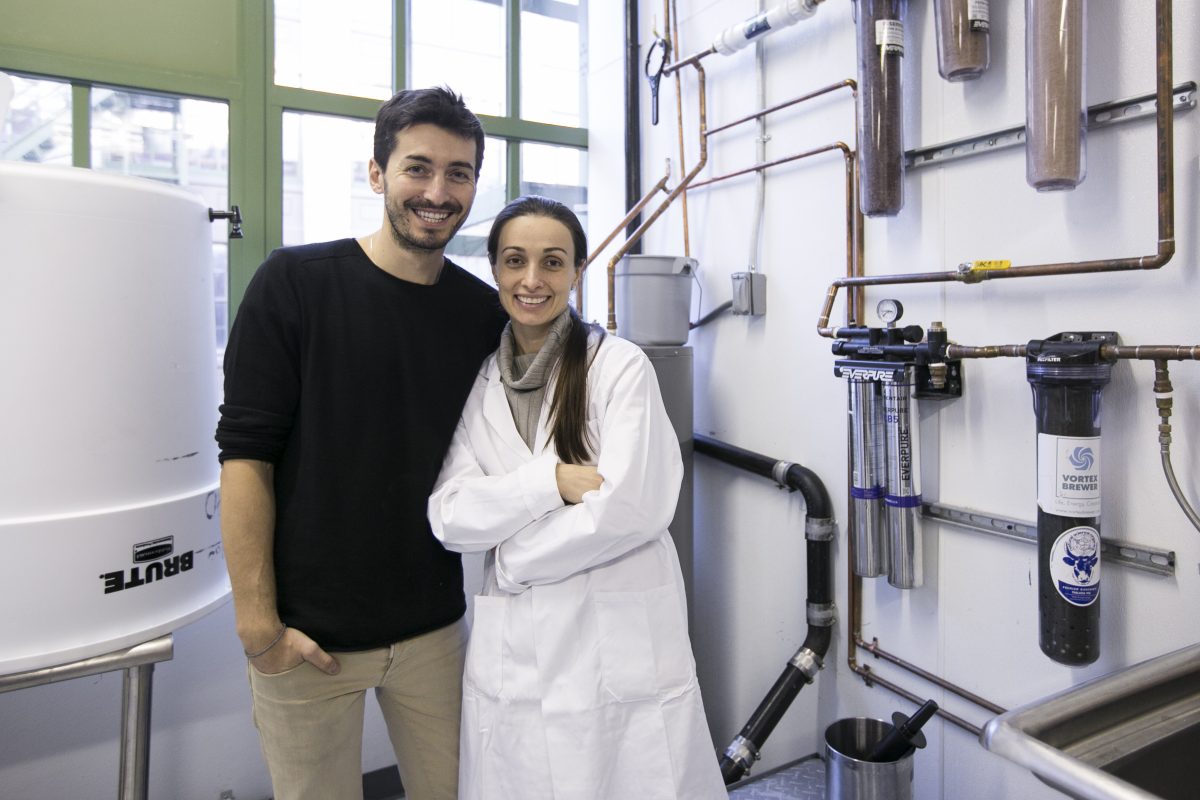
The Information reported in April that the structure can be an advantage over venture capital, since Tiger can invest in a private company and then hang onto shares through an IPO, stabilizing what can be a rocky process. Tiger Global is among the growing crop of "crossover" firms - investing both privately and publicly - in tech startups, alongside Coatue and Altimeter. Tiger is now involved in a tenth of Europe's startup deals Tiger Global declined to comment on the record for this piece. The appeal for founders is fairly simple, added Eghosa Omoigui, managing partner at EchoVC -"more cash, lower dilution, no restraints." "They didn't waste founders' time, they had a short call with them, were transparent and told them they didn't want a board seat, then offered very founder-friendly terms." "They're not pretending to be anything they're not," one London-based fund manager whose portfolio company was approached for funding by Tiger told Insider. Tiger typically won't take a seat unless asked. Investors who do sit on the board of a startup typically take a hands-on role in recruitment or exit planning. That probability grows to 61.5% in the event a VC has led a round. On average 43.9% of VCs secure a seat during a funding round, according to the Harvard Law School More than Money report.

Securing a board seat is commonplace for venture capitalists.

Have an account? Log in.įor founders, this means higher valuations, less dilution of their shares, and less interference from investors. This story is available exclusively to InsiderĪnd start reading now. Account icon An icon in the shape of a person's head and shoulders.


 0 kommentar(er)
0 kommentar(er)
